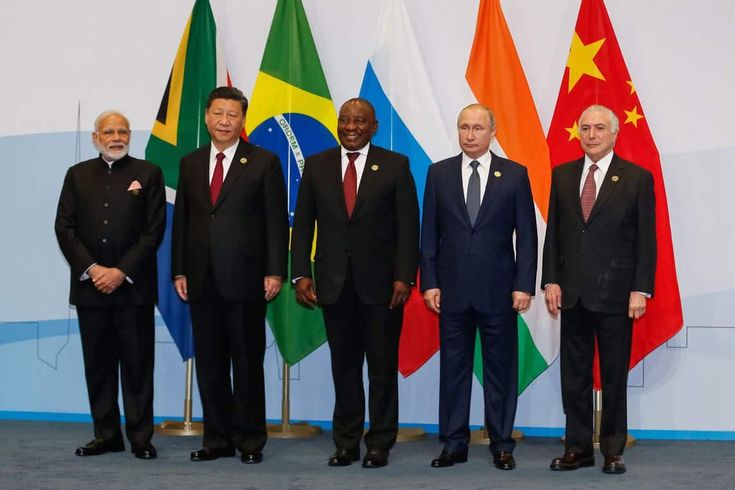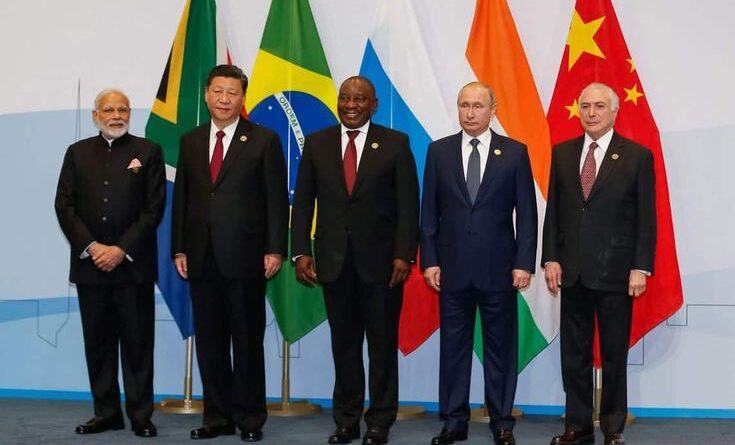BRICS Summit in Rio Unlocks AI Governance Blueprint — India Set to Lead in 2026
BRICS leaders convened in Rio for the 17th summit, unveiling a landmark declaration on AI governance. With India to chair in 2026, read about the future of Global South cooperation.

At the 17th BRICS Summit held in Rio de Janeiro on July 6–7, global leaders converged under the theme “Strengthening Global South Cooperation.” The summit resulted in a comprehensive declaration focusing on trade, investment, climate change, and a pivotal first-of-its-kind agreement on the global governance of artificial intelligence.
🌐 Summit Highlights & Key Declarations
- Leaders from Brazil, Russia, India, China, South Africa, and guest members reaffirmed their commitment to inclusive and sustainable global governanceWikipedia.
- The declaration laid down AI governance principles emphasizing human rights, innovation equity, and bridging the digital divide Wikipedia.
- India was confirmed as the rotating chair for BRICS in 2026 and will host the next summit Wikipedia.
🤖 Why AI Was at the Summit’s Core
This marks a milestone: BRICS becoming the first major bloc to outline international AI guidelines. The framework highlights:
- Ethical development and regulation of AI technologies
- Equitable benefits across developed and developing nations
- Coordination through the United Nations as a lead body for global AI governance Wikipedia
The declaration frames AI not just as a technical field, but as a shared opportunity that requires international cooperation.
🇮🇳 India’s New Role — From Summit Host to Global Driver
With India taking the chair in 2026, expectations are high:
- As host, India will shape future policy discourse
- Enhanced diplomatic engagement via the Global South axis
- Focus on digital infrastructure, AI policy, and sustainable development leadership
India’s growing role reflects its ambition to be a voice of governance reform among emerging economies Wikipedia.
📊 Implications for the World
For governments and international agencies:
- BRICS may influence UN-led AI standards
- Moves toward fair AI access and usage in education, agriculture, health
For businesses and innovators:
- A stable, globally aligned regulatory environment may reduce fragmentation
- Greater collaboration between BRICS nations in AI research and investment
For developing nations:
- Opportunity to benefit from AI-led growth
- Inclusion in global governance frameworks that prioritize equity
✍️ Conclusion
The Rio BRICS Summit has redefined how the Global South approaches AI. With a governance roadmap now in place, and India taking the helm in 2026, global conversations about digital equity and ethical technology development are entering a transformative phase.
As countries adopt AI, the pace at which leadership emerges from collaboration — not competition — could determine the trajectory of economic and technological equality worldwide.
Stay updated with trending tech, world news, war alerts, and lifestyle — at Phinex News.

